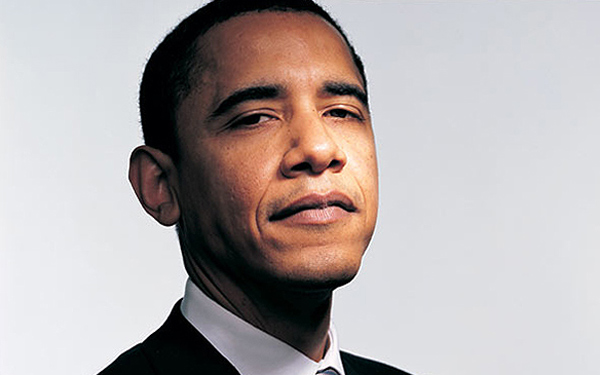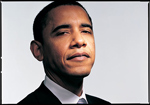
I haven’t spoken with Barack Obama this week, but I’m certain that he’s shaking his head with disillusionment at the current state of his presidential contest.
On Tuesday, he delivered a well-crafted, thoughtful speech outlining, in great detail, his many proposals for education reform. But instead of political experts on CNN and MSNBC dissecting his new promise to double the funding of charter schools, the week’s news was dominated by the McCain campaign’s charge that Obama’s "lipstick on a pig" remark was sexist and aimed directly at Sarah Palin.
In covering Obama’s U.S. Senate campaign for the Chicago Tribune, I saw Obama regularly cringe at the trivialities that often turn into the central stories of a political race. Obama is, after all, a Harvard Law intellectual wearing the uniform of a populist politician.
His speeches in his 2000 election defeat to Congressman Bobby Rush were stuffed with policy-driven rhetoric that often fell flat with audiences. It wasn’t until political consultant David Axelrod coached Obama to talk more in terms of people and their everyday experiences that Obama realized being on the winning intellectual and moral side of an issue doesn’t necessarily mean you’ll win at the ballot box—a candidate must connect on a human and emotional level.
Obama continually expressed this frustration to me during his Senate race.
In early 2004, after giving a rousing speech to a union crowd in Chicago, he looked surprisingly forlorn as he climbed into the campaign SUV for the next event. The rank-and-file appeared to love him, and so I asked him what the problem was. He lamented that he spends a lot of mental energy trying to craft serious oratory, yet his biggest applause line is always a banal slap at President Bush. "All I have to say is George Bush is a bad person and they all go wild," said Obama, who, nevertheless, has enough thirst for victory that he compliantly served up the anti-Bush line time and again.
Unfortunately for Obama, political campaigns today are more about trivialities than ever. In the age of new media, when the shrill voices of bloggers and cable TV pundits routinely drown out high-minded editorial columnists, it has become increasingly difficult to win an election being a sober voice of reason.
The McCain sexism charge probably would have received little traction in election cycles of the past, when old media (i.e., newspapers and the Big 3 television networks) played referee over inane political scrums. The Washington Post, for example, editorialized that the McCain camp’s purported outrage over the lipstick remark was a "cynical use of the gender card (that) is unusually silly."
McCain campaign manager Rick Davis said recently that the election is less about issues than image. If so, things could turn on whether the McCain team can convince enough white swing voters in key states that the GOP ticket projects more "change" than Obama, who has been the candidate of change for so long that it almost seems as if his change mantra is the establishment message.
Until the arrival of Palin, Obama strategists had plotted a long-term strategy of sharply contrasting policy differences, of which there are many. The true change agent would be plain to see, they assumed. Even though their man’s political rise largely results from a compelling personal biography and a gift for stirring oratory, they were betting that disenchanted voters ultimately would cast ballots for Democrats because they’re offering a dramatic new policy approach from the conservatism of the Bush era.
As such, Obama had been focusing his public comments on such things as restructuring tax policy, upgrading public education, and the virtues of energy independence. But then Palin and her lipstick came along, throwing Obama off of his game plan, at least temporarily.
So there was Obama at mid-week, fiercely firing back at McCain, forced to jump into a pig’s mud bath and wrestle with McCain’s shrewd image strategists. And by Friday, a more aggressive Obama campaign launched a new TV commercial designed to define McCain’s image as an old-school, out-of-touch Washington politician. The ad highlights that McCain arrived in Washington in 1982 and that he does not know how to send an email. In a sad episode for America’s serious-minded voters, Obama’s plans about reforming education were lost in a splatter of lipstick-and-pig, he-doesn’t-know-email vitriol.
Image versus issues. Lipstick versus policy. Moose stew versus Harvard Law. There are still several acts to play out in the election drama. But no matter who your preferred candidate is, let’s hope we can rise above this silliness.
Photograph: Jeff Sciortino





